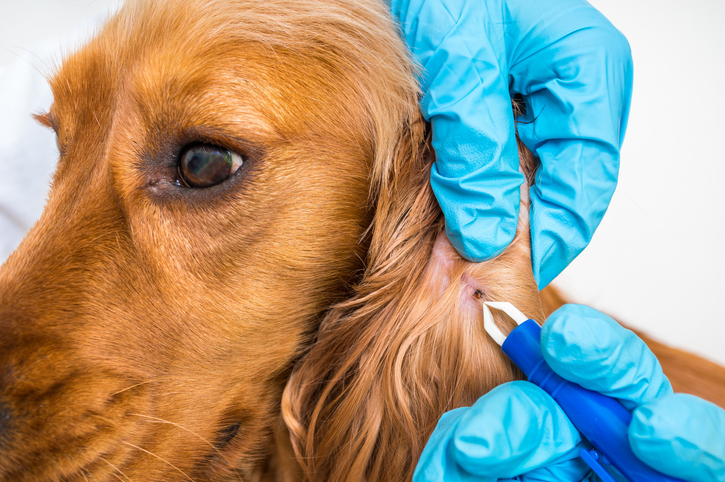At Hastings Veterinary Hospital, we are all about providing pet owners with preventive medicine. So here’s what you need to know.
What is Preventive Medicine for Pets Exactly?
There are several different forms of preventive medicine that goes into our regular veterinary care services. Examples include vaccinations, blood testing, and flea and parasite control.
Basically you’re not bringing your pet in to see the veterinarian the minute they’re sick; you’re bringing them in to the vet office before such a stressful event can take place and cause you and your pet greater anxiety.
Why Do You Practice Preventive Veterinary Medicine?
Simple: we do what we do because we care about your pets. We all have pets at Hastings Veterinary Hospital, and we treat them like family—with love and respect. So, we always treat our pet patients and their families like they’re a part of our own family too.
We don’t want our pets to get sick, or be scared, or feel anxious—we know you don’t want that either. To avoid such stress in our lives, we make sure to follow up on scheduled appointment times and pay extra attention to the details of each pet’s case during an examination. In the event a specialist is needed, we’ll make the referral for you so your pet gets the best possible care they need.
Other benefits of preventive medicine for pets include, but are certainly not limited to, the following:
- It’s less expensive. While there are surgical procedures that do fall under the category of preventive medicine, such as spaying and neutering, these procedures are far less costly than it would be if you only take care of your pet when they are sick and need more urgent care.
- It’s less stressful. Going back to our previous point about reducing anxiety, by practicing preventive medicine through our routine check-ups and exams, we will be able to detect underlying conditions or address future concerns before they become an even bigger problem. For example, a bump on your pet’s skin could be a flea bite, or it can mean something else; either way, by bringing your pet in for an exam, you’re also bringing your family veterinarian’s attention to their case now as opposed to later when it may be too late to prevent secondary conditions from developing. Finding out that there is a problem now and addressing it sooner than later reduces future anxieties on you and your pet going forward!
- It’s more considerate. From your pet’s perspective, they can only do so much to communicate to you whether they are happy and healthy or sick and in need of help. It’s tougher in some cases, especially for cats, since their natural reaction to pain is to hide it from potential predators. By practicing preventive solutions in your daily pet care routine, you are in turn contributing to the reduction of their fear and anxiety surrounding veterinary services. The less stressed out you feel about going to see the vet, the less stressed out your pet will be too.
- It’s more beneficial to you and your pet’s well-being. Stress is the number one factor in causing harm to the body in both humans and animals. Once your pet is receiving preventive medicine and care, you will see a difference in their well-being tenfold. The alternative would be having to treat conditions left undiagnosed and untreated for too long…and that’s definitely not something we recommend you doing.
How Does It Work?
All you have to do to make preventive medicine for pets work is bring your pet in for their annual checkups and routine vaccinations and deworming. It’s that easy!
Ask any and all questions you have for your vet during checkups to ensure that your pet is getting the help they need. The more educated you become on how to best care for your pet, the greater the preventive solutions will be and the happier your pet will be for it. If you’d like to continue to learn more about pet care, our blog is a good start.
If you still have any questions regarding preventive medicine as a veterinary service, we are here for you. Contact us to learn more about our practice or if you’d like to book an appointment.
Creative Commons Attribution: Permission is granted to repost this article in its entirety with credit to Hastings Veterinary Hospital and a clickable link back to this page.






